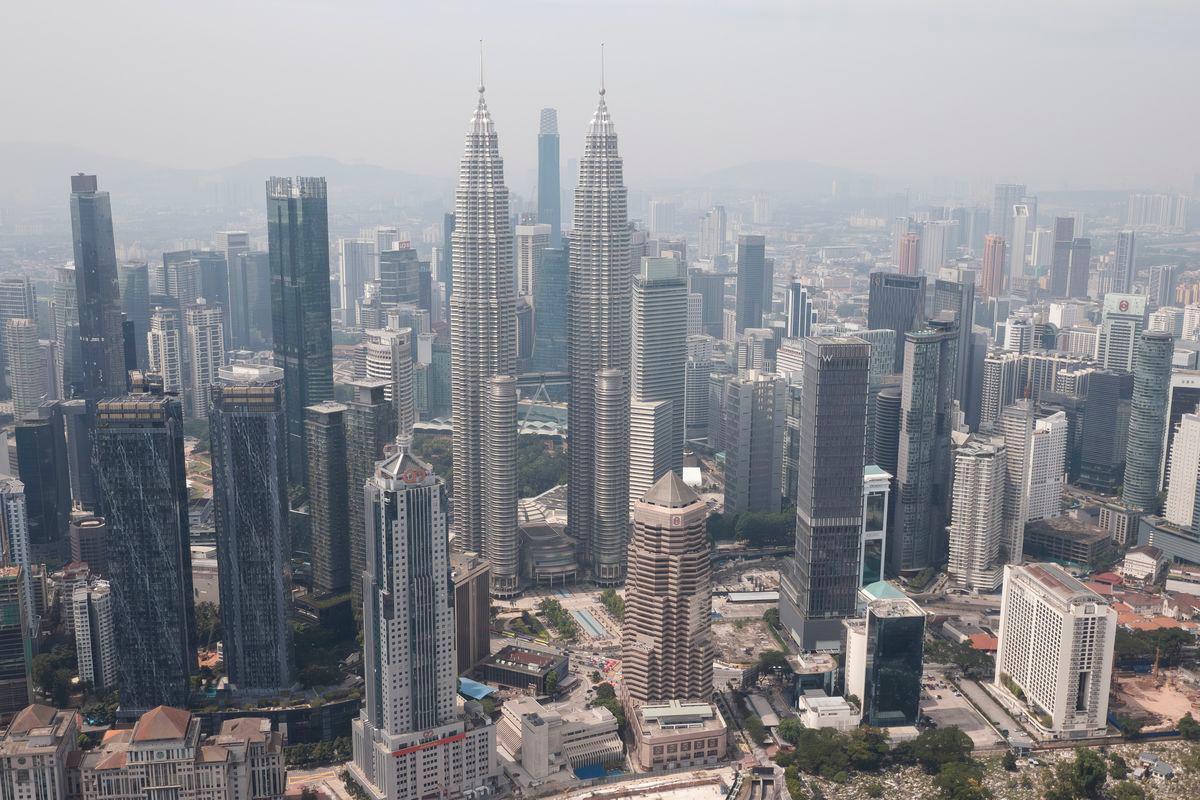CLIMATE change is a reality that is affecting communities around the globe, including Malaysia. Rising temperatures, erratic weather patterns and environmental degradation are becoming increasingly severe.
While global and national efforts largely focus on reducing carbon emissions, Malaysia’s adaptation strategies remain fragmented and insufficient. Malaysia has made commitments through international agreements, such as the Paris Agreement, yet gaps in governance and policy coordination continue to hinder progress.
As opposed to mitigation, which seeks to decrease emissions of greenhouse gases, policies geared towards adaptation focus on strengthening resilience to climate impacts such as rising sea levels, extreme floods and food insecurity.
However, Malaysia lacks a comprehensive adaptation plan, leading to uncoordinated efforts at various levels of government.
Recent events underscore the pressing need for robust adaptation policies. Between November 2024 and January 2025, Malaysia experienced severe flooding that displaced over 148,000 individuals across multiple states, including Kelantan, Terengganu, Pahang,
Johor and Sarawak. These floods resulted in significant infrastructure damage and economic losses, with the federal government allocating RM25 million for immediate repairs.
In addition to flooding, landslides in Cameron Highlands and Genting Highlands in January further highlighted the country’s vulnerability to climate-induced disasters.
Malaysia is also experiencing more frequent and prolonged heat waves. This poses severe health risks like heat stroke and stress, increasing energy demand for cooling as well as disrupting labour productivity.
Adaptation measures are crucial to safeguarding communities from worsening climate effects. Climate-resilient infrastructure, nature-based solutions and early warning systems are all components of national climate adaptation strategies adopted in countries like Australia, Germany and the Netherlands. Malaysia, however, is still in the early stages of developing a structured adaptation framework.
Malaysia’s response to climate impacts has often been reactive, fragmented and insufficient. Our focus remains heavily on disaster response, such as flood relief and evacuation, rather than proactive risk reduction and long-term resilience building.
Another concern is governance fragmentation. Climate adaptation requires cross-sectoral integration. While climate change falls under the purview of multiple ministries, including the Natural Resources and Environmental Sustainability Ministry and Energy Transition and Water Transformation Ministry, there is no single overarching framework to guide implementation.
State and local governments, which play crucial roles in adaptation, often lack the necessary funding, expertise and clear mandates. Without proper coordination, efforts to build climate-resilient infrastructure, protect coastal areas and support vulnerable communities remain disjointed.
Another challenge is the absence of an effective monitoring and evaluation (M&E) system. Studies show that more than 60% of countries that have adopted national adaptation plans do not track their implementation effectively.
Among Asean nations, Indonesia has developed an M&E framework while Thailand is in the advanced stages of formulating one. Malaysia has yet to establish a similar system.
Beyond government agencies, non-state actors such as NGOs, local communities and the private sector can also play a vital role in climate adaptation. Organisations like Sahabat Alam Malaysia and WWF Malaysia have been advocating for stronger policies and community-based solutions.
Local communities, especially in coastal and rural areas, are often the first to experience climate impacts. Their knowledge and participation are crucial for developing practical adaptation measures.
However, the involvement of non-state actors is often overlooked in policy formulation. A top-down governance approach, where policies are crafted at the federal level with limited input from local stakeholders, remains a significant barrier. Effective adaptation requires a multilevel governance model, where decision-making processes integrate insights from top-down national policies and bottom-up local experiences.
Implementing climate adaptation policies requires substantial investment. Building seawalls, upgrading drainage systems and developing drought-resistant crops demand significant financial resources.
While Malaysia has committed to increasing green financing initiatives, climate adaptation remains underfunded compared to mitigation efforts such as renewable energy projects.
The cost of inaction is exponentially more expensive than proactive investment. This can lead to higher economic losses in the future. Countries that delay adaptation often face increased damage costs from climate-related disasters.
There are also social costs involved through loss of livelihoods, displacement, and strain on the health and social services. Malaysia must prioritise long-term adaptation strategies to avoid escalating costs associated with climate inaction.
To enhance Malaysia’s resilience to climate change, the government must establish a comprehensive, evidence-based, inclusive and actionable adaptation plan. This plan should outline clear adaptation targets, specify the roles of different agencies and ensure adequate funding and resources for implementation.
It must also be integrated with different sectors such as water security, food security and public health as well as biodiversity.
Malaysia has the resources, the technical capacity and the ingenuity to build resilience. What it needs now is the collective will and urgent action to translate plans into concrete and transformative actions on the ground.
Climate change adaptation is not just about protecting the environment; it is about safeguarding Malaysia’s future generations.
Mohamad Nazrain Nordin is a senior training consultant at the National Institute of Public Administration.
Comments: letters@thesundaily.com









